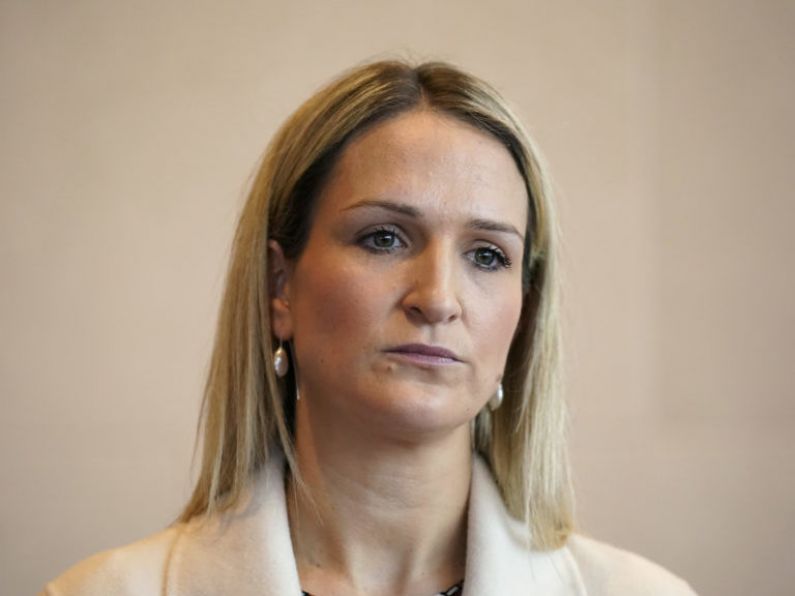Thousands of farming families who place elderly relatives in nursing homes will see crippling costs capped after three years under new Fair Deal rules changes to be backed by cabinet today.
The decision to limit the cost of care for elderly people is expected to be rubber-stamped at the weekly ministerial meeting in the morning as part of a €10m plan to address fears that families are delaying seeking help because of the financial impact involved.
Under existing Fair Deal scheme rules, the estate of anyone who accesses nursing home care under the long-standing system must agree to ring-fence 80% of their income and 7.5% of the price of their property to help pay for the help.
While the 7.5% property rate is capped at three years for the vast majority of people, until now farming families have not been given the same benefits due to the fact they are seen as small businesses.
However, under new rules being put forward by Minister of State for older people, Jim Daly, - first highlighted by the Irish Examiner last month - the 7.5% cap is now set to be extended to both farmers and small businesses.
The situation, which is almost certain to be backed by cabinet at its meeting this morning, means that when the rule change legislation passes through the Dáil and Seanad later this year it will come into effect for 2020.
And, well-placed sources say this will mean that any farming family or small business owner entering a nursing home will now only have to pay the 7.5% assets rate for three years - a situation that will also include people in nursing homes who have yet to hit the three-year rate.
Cabinet sources said the rule change is likely to come with a €10m cost to the State due to the extra amount of money the wider public will have to pay to fill the financial gap.
However, they added that it will also help to ensure farming families do not delay seeking the necessary help for relatives due to cost concerns and are not faced with the worrying prospect of having to sell off land or assets to meet the financial demands.
The Fair Deal change is expected to be discussed at a cabinet meeting which is also likely to see ministers sign off on plans to allow credit unions to double the interest rate they charge for loans from 1% to 2%.
Under new rules expected to be rubber-stamped by Cabinet today, ministers will say credit unions should be allowed to increase their charges in a bid to offer genuine competition to the banking sector.
The situation will mean that existing and future customers are likely to see their interest rate costs rise, impacting on a key attraction which credit unions can offer people who are otherwise struggling to access funds from the banking sector.
Meanwhile, the Cabinet will also hear today about fresh Government plans to address ongoing questions surrounding personal injuries claims and related court pay-outs.
In response to the second report of the personal injuries commission last year, the Government put in place initial plans for the judicial council which oversees the work of judges to draw up new personal injuries pay-out guidelines.
These guidelines are linked to the judicial council bill which is expected to go before the Seanad next week and will include general recommendations on how judges should approach pay-out levels depending on cases.
While no specific pay-out ceilings will be outlined in the recommendations, the judicial council will be asked to set up a new internal body to oversee further work on the issue. It is expected the guidelines, which will be reviewed every three years, will help to lower pay-out costs and provide a more realistic compensation system for insurance damages.






